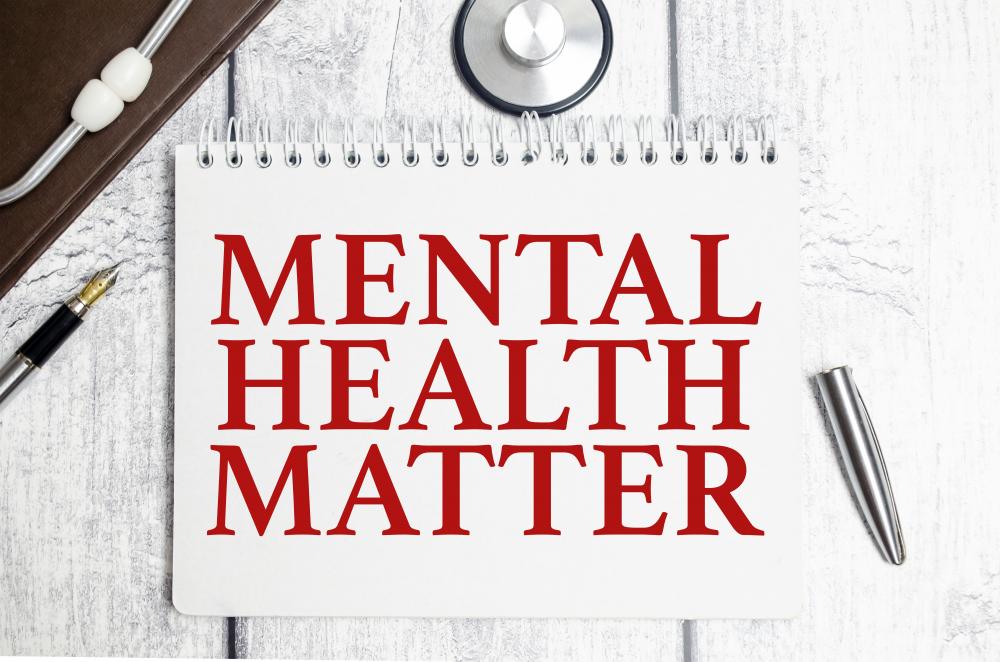Mental Health Facility LA

Exploring Mental Health Facility LA
At our core, the mission at our organization is to provide a sanctuary for healing and renewal. Our dedication to holistic care is evident in the comprehensive range of services offered at our Mental Health Facility LA. Here, we don’t just treat the symptoms; we delve into the root causes of substance abuse and mental health disorders, crafting personalized treatment paths for each individual. Our commitment to innovation and excellence in care has made us a beacon of hope for many navigating the challenges of mental health and substance abuse recovery.
Our Philosophy
Our philosophy is grounded in the conviction that recovery is a multifaceted journey that requires a compassionate and nuanced approach. We believe in treating the whole person, not just the disorder, which means addressing the social, emotional, and psychological aspects of substance abuse and mental health conditions. This holistic perspective ensures that our clients receive care that is tailored to their unique needs, fostering an environment of growth and healing.
Services Offered
Our facilities in Santa Monica, Woodland Hills, and Culver City are equipped to offer a wide spectrum of treatments, ensuring a rounded approach to recovery. Let me walk you through the services that set our Mental Health Facility LA apart:
- Detox services to safely manage withdrawal symptoms.
- Inpatient programs providing 24/7 care and support.
- Partial hospitalization programs (PHP) for those transitioning in care intensity.
- Intensive outpatient programs (IOP) offering flexibility for recovery while living at home.
- Outpatient services for ongoing support post-recovery.
Innovative Treatment Modalities
Evidence-Based Practice
In every facet of our care, from detox to outpatient support, our practices are deeply rooted in scientific research and evidence-based treatments. This ensures that each client benefits from the most effective methodologies known to the fields of addiction medicine and mental health treatment.
Individualized Care Plans
Each client’s journey is unique, and so should be their treatment plan. At our Mental Health Facility LA, we take great care in assessing each individual’s specific needs, crafting personalized programs that address not just the symptoms but the underlying causes of their condition.
Our Team
Our dedicated team of clinicians and support staff are the cornerstone of our success. Each member is not just highly qualified but deeply passionate about making a difference in the lives of those we serve. It’s this blend of expertise and empathy that creates the healing environment our facility is known for.
Virtual Care Options
Understanding the complexity of recovery paths and the diverse needs of our community, we offer virtual telemedicine options. This flexibility ensures that regardless of your circumstances, you have access to high-quality care from the comfort of your home.
Collaborative Family Engagement
We recognize the critical role families play in the recovery process. Our approach includes integrating family members into the treatment plan when appropriate, offering support, and fostering understanding to heal not just the individual but the family unit as a whole.
Client Testimonials
Nothing speaks louder than the stories of those who have walked the path of recovery with us. Our clients’ testimonials reflect the transformative impact our Mental Health Facility LA has made, offering a glimpse into the compassionate, comprehensive care we are honored to provide.
Our Impact
Our impact extends beyond the walls of our facilities. In the bustling heart of Los Angeles, we’ve cultivated a community of recovery, support, and hope. Our clients not only regain control over their lives but also join a thriving network of individuals committed to a journey of continuous growth and wellness.
As we look forward, our dedication to evolving and expanding our services remains unwavering. At our Mental Health Facility LA, we’re more than just a treatment center; we’re a partner in your journey to recovery, offering a pathway to a healthier, happier life.

How to get someone admitted to a mental health unit in California?
Admitting someone to a mental health unit in California, particularly in a crisis, can be a complex process but it’s vital to ensure safety and access to necessary care. Voluntary admissions occur when individuals recognize the need for help and agree to treatment. Involuntary admissions, on the other hand, require a more formal process, often involving a 5150 hold, which is a 72-hour psychiatric hold for individuals deemed a danger to themselves or others, or gravely disabled due to a mental health disorder. It’s imperative to contact professionals or local emergency services to evaluate the situation and decide the best course of action, ensuring the individual receives the appropriate level of care.
What are the 7 types of mental disorders?
Mental health disorders can vary widely, but they’re generally categorized into seven main types: Mood Disorders, such as depression and bipolar disorder; Anxiety Disorders, including panic disorder and phobias; Personality Disorders, like borderline personality disorder; Psychotic Disorders, exemplified by schizophrenia; Eating Disorders, such as anorexia and bulimia; Trauma-related Disorders, including PTSD; and Substance Abuse Disorders. Understanding these categories helps in recognizing the diverse needs of individuals and tailoring treatment approaches accordingly.
What happens during a 72 hour psych hold in California?
During a 72-hour psych hold in California, also known as a 5150 hold, individuals are assessed by mental health professionals to determine the necessity of involuntary care. This period is crucial for stabilizing the individual, preventing harm, and evaluating long-term treatment options. It’s a time for acute intervention, where the focus is on immediate safety and developing a preliminary plan for recovery. Following this assessment, a determination is made whether further treatment under extended holds is needed or if the individual can be released with follow-up care recommendations.
What are the 7 risk factors for mental health?
The risk factors for mental health issues are multifaceted and can broadly categorize into seven areas: Genetic predispositions, which highlight the role of family history; Biological factors, such as brain chemistry imbalances; Environmental influences, including exposure to violence or poverty; Social factors, like isolation or lack of support; Substance abuse, which can exacerbate or trigger mental health conditions; Trauma, including physical or emotional abuse; and Chronic medical conditions which can have profound effects on mental well-being. Recognizing these risks is a step towards prevention and early intervention.
What are the benefits of virtual care options in mental health treatment?
Virtual care options, such as telemedicine, revolutionize access to mental health services, breaking down geographical and logistical barriers. They afford flexibility, allowing clients to engage in therapy from the comfort of their homes, which can significantly reduce the stress associated with traditional in-person sessions. Particularly for individuals with mobility issues or those in remote areas, virtual care ensures that high-quality mental health services are more accessible. Moreover, it provides a layer of anonymity that might encourage more people to seek help, fostering early intervention and support.
How does collaborative family engagement enhance the treatment process?
Integrating family members into the treatment plan can significantly enhance recovery outcomes. This collaborative approach fosters a supportive environment, both within the treatment setting and at home, which is crucial for long-term recovery. It enables family members to understand the challenges faced by their loved one, equipping them with the tools to offer appropriate support. Additionally, addressing the dynamics within a family unit can uncover patterns or issues contributing to the individual’s condition, facilitating a more comprehensive approach to treatment and healing.

